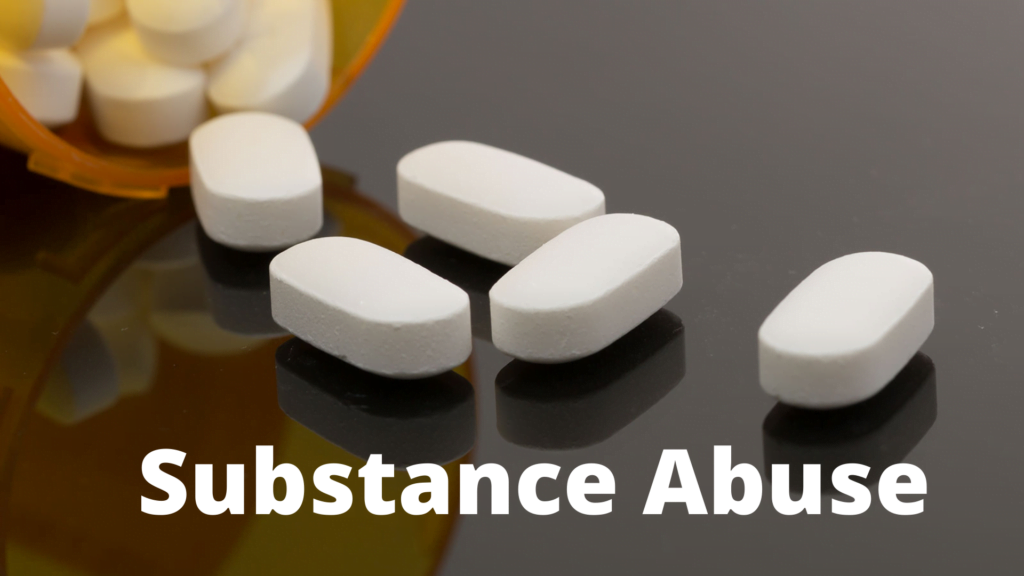People in the U.S. and other countries have a problem with using substances that can be harmful to them. The issue of substance abuse has been around for a long time. It is not new. There are many statistics to show how it can hurt society. Yet if you ask someone about addiction, they will likely tell you that it’s just a choice–a bad one, but still just a choice. That couldn’t be any further from the truth.
Contents
What is Substance Abuse?
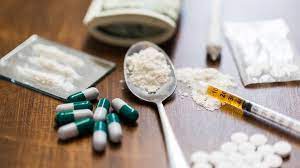
Substance abuse is a term that encompasses the harmful and illegal use of drugs. You can drink alcohol legally. But if you drink too much or binge drink, then it can hurt your body. Substance abuse also includes any kind of misuse or dependence on prescription medications. Substance abuse never comes alone, it brings along mental health problems. Let us see what connects these two things.
Types of Substance Abuse Disorders
Substance abuse disorders are different for men and women.
Substance Addiction In Men
For men, the most common types of substance use disorders are alcoholism or alcohol abuse, opiate addiction (heroin), stimulant addiction (cocaine), and cannabis use disorder. If they can’t stop using drugs on their own, then it will lead to an addiction. For example, if a man abuses cocaine every day for several years in a row, he is likely to develop a dependency with the time that would require taking detox medications at some point. Stimulants affect the body’s natural ability to produce dopamine which controls motivation levels in general. So when this effect is long gone from drug usage over time being sober becomes very hard without medical help because low dopamine levels cause depression and loss of motivation.
Substance Addiction In Women
The most common types for women are marijuana addiction, alcohol use disorder, and prescription drug abuse. The most common types for women are marijuana addiction, alcohol use disorder, and prescription drug abuse. Women are more likely than men to develop addictions to things, like drugs. This is because when they have mental health problems that are not treated, they can take drugs. Women who suffer from depression often take drugs when their sex drive is low during their menstrual cycles. People who use drugs as a way of escaping their problems will stop going to see therapists.
Link Between Substance Abuse and Mental Health Problems
Substance abuse is related to mental health problems. When people get into addiction, they often have depression or another condition. Drugs and alcohol can make your other conditions worse. That is why it is important to get help if you are struggling with these problems. Studies state that:
- A lot of people with mental disorders – around 50% – also have substance abuse.
- 37% of people who abuse alcohol and 53% of people who abuse drugs also have a serious mental illness.
- Of all people diagnosed as mentally ill, 29% abuse alcohol or drugs.
Substance Abuse and Suicide
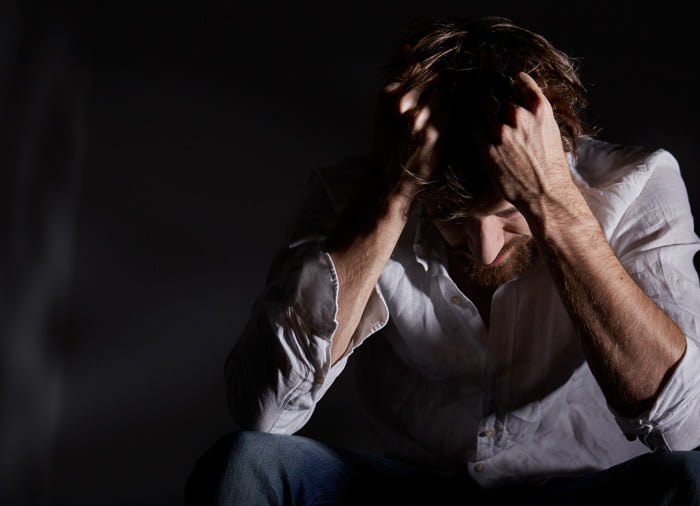
When someone gets an addiction to drugs, they often have a lot of internal pain that usually leads them to depression. Drugs and alcohol can make other diseases worse. So, you should get your loved ones to help if they are having problems with drugs or alcohol. If people do not get treatment for their addiction, it can lead them to feel so much pain that they want to commit suicide. It is sad when people do this because of the addiction.
What comes first: Substance Abuse or Mental Health Problem?
The answer is not clear-cut. For example, the rate of depression among people with alcohol addiction is significantly higher than in those without alcoholism. If you start to have mental health issues, it can lead to addiction. It can also happen the other way around. Also:
- Alcohol and drugs are frequently used to treat mental health issues by self-medicating. People who are struggling with mental health problems often turn to substances for relief. So, it’s not always clear which problem came first, the substance abuse or the mental disorder. However, what is evident is that they can eventually develop into a cycle to form co-existing disorders.
- Mental health issues and substance abuse problems aren’t separate; they’re two sides of the same coin- It’s true there isn’t much evidence on whether addiction causes depression or vice versa. Whether one comes before another has little bearing on why these two issues should never be treated separately.
- Addiction causes mental health problems. Mental health problems cause addiction. It is a cycle that can get worse if not treated well. Studies show that people with substance abuse are 2 times more likely to have suicidal thoughts or commit suicide than those who don’t.
- People who are both depressed and addicted to drugs or alcohol tend to hurt themselves more than people who are only addicted to drugs or alcohol. If your loved one is doing drugs or drinking alcohol, you should help them. And if they are helping you, then they should help you too.
Signs And Symptoms
The signs of substance abuse can be difficult to detect because they usually arise gradually over time. Many people do not know that their drinking or drug use has become a problem until it is too late. They are addicted to these substances. Some common indicators include:
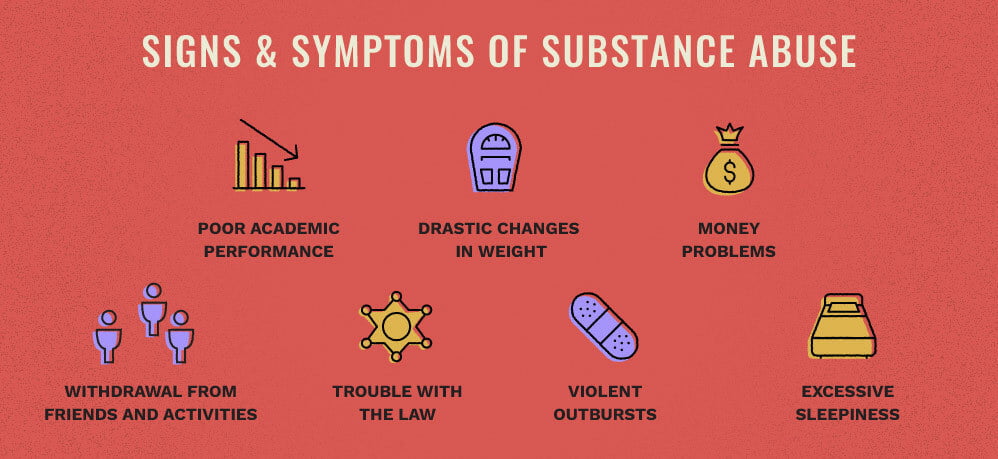
- Blackouts (memory loss)
- Changes in personality, mood, or sleep patterns
- Dilated pupils
- Impaired coordination
- Lack of interest in activities that used to be fun
- Lying about how much or how often they drink/use drugs
- Malnourishment, weight loss
- Spending a lot of time alone and withdrawing from family or friends
- Unexplained injuries (accidents) that don’t match the explanation given.
The sooner you seek help for your loved one if they’re struggling with drugs or alcohol, the better off both you can be in terms of treatment options. When a person is addicted to substances, they may start neglecting other things. This is called the “tipping point“.
Causes Of Substance Abuse
Substance abuse can develop for a variety of reasons, although it is often related to the availability and social acceptability of certain substances. It’s never just one person who has problems with drugs or alcohol; there are always multiple factors involved in someone developing an addiction problem. Some common causes include:
- Biological/Genetic Predisposition: If one or both of your parents have/had problems with drugs or alcohol, you are more likely to develop a substance abuse problem.
- Family History: If someone in your family has an addiction issue, then it makes sense that they might be more susceptible to this as well. They may even influence the other person’s behavior without directly being involved.
- Peer Pressure: As kids get older, their friends can tell them to drink alcohol and use drugs so they don’t feel left out. If their friends are doing it anyway, it can be hard to turn them down. This is influenced by society’s acceptance of drug use. It makes it hard for some young people to not do drugs, too.
- Stressful Life Events: If someone goes through a traumatic experience, it can lead to the use of substances as a coping mechanism. This may be something that happened to them or perhaps they witnessed something similarly horrifying in their environment and felt like there was no other option but to take drugs or drink heavily in order for them not to feel so overwhelmed with stress.
- Accessibility: If you have easy access to certain types of substances without having much trouble getting your hands on them, then it would make sense that this could develop into an addiction problem over time. The same holds true if these types of items are socially acceptable/normalized in terms of behavior – many people will follow suit because they don’t want to stand out by being different from everyone else too much.
- Childhood Abuse (physical, sexual, emotional): This not only includes instances of abuse that happened directly to the person, but also neglect or exposure to violence within their environment.
- Mental Health Disorders: Some people who struggle with mental health issues may turn to drugs and alcohol as a way of coping – this is especially true if they are self-medicating in an attempt for avoidance purposes too. This can be difficult because some substances do have a calming effect on certain types of disturbances/anxiety disorders so it’s easy enough for someone to get hooked without realizing what has been going on at first. It’s important to remember though that having depression does not necessarily mean you will automatically develop drug addiction problems just by default either! There need to be other factors involved beyond these conditions alone which make this a possibility.
Co-occurring Disorders and Their Symptoms

Depression
Symptoms of depression can vary, but usually include
- prolonged sadness or unexplained crying spells,
- energy loss and fatigue,
- changes in sleep patterns (sleeping too much or not being able to fall asleep),
- feeling worthless/guilty about yourself,
- poor concentration skills
Anxiety
People with anxiety experience
- excessive worry,
- panic attacks for no reason at all,
- irritability over the smallest things.
- PTSD is also an issue that makes someone feel very anxious after experiencing a traumatic event like rape or physical assault–even if it was years ago.
It’s important you seek help for your loved one if they’re struggling with drugs or alcohol–and vice versa. Getting professional treatment that focuses on both mental health issues and substance abuse problems is essential when it comes to getting sober and maintaining long-term sobriety.
Somatic Symptom Disorder
People with this disorder have pain that cannot be explained. It could come from a headache, stomachache, or other things. A lot of people who are addicted to drugs also have other mental health problems. These people often do not get as good of treatment for their addiction as people without mental health problems. There is not one single best approach to addiction therapy because it depends on what the person has. But many people need an integrative program for addiction and other issues.
Bipolar Disorder
Bipolar disorder Symptoms include episodes of depression alternating with extreme periods of mania or hypomania. This can cause people to do things that are out-of-character for themselves, like overspending money on unnecessary items they don’t need just because they have a lot of extra cash lying around–or taking part in sexual activities without thinking about the consequences.
What Is Dual Diagnosis?
Dual diagnosis is when you’re simultaneously battling two or more mental health disorders. This is very problematic because if your loved one has a substance abuse problem and another co-occurring disorder like bipolar disorder, for example–it’s actually the most complicated combination of conditions there are.
People with this condition need care. They need both their addiction and any other diagnosed condition to be treated at the same time. This way, they have better chances of getting sober in the long run. Getting professional help from an experienced treatment program will not only treat addiction but also improve the quality of your life. This will help with symptoms related to pre-existing issues.
Treatment of Substance Abuse Disorder
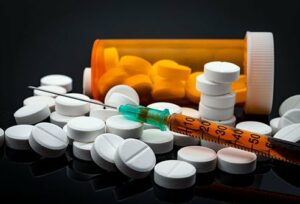
People with substance abuse disorder need help to recover the same way that people with other mental disorders like depression or anxiety do. People might find it difficult to quit drugs on their own. They will have strong cravings and withdrawal symptoms. You need to help them for a long time so that they don’t relapse.
Addiction to drugs can be very dangerous. It leads to harmful effects which can cause physical damage or even death if there is an overdose. People who struggle with addiction are in danger of having many different types of medical problems. They can get diseases like liver problems, heart failure, and blood infections. This is because they use alcohol and other drugs for a long time. Addiction can even increase vulnerability when under the influence while driving resulting in fatal accidents.
Medication
Substance abuse disorder can be treated with medications and therapy. One of the most effective ways to treat substance addiction is through medication-assisted treatment (MAT). It uses certain types of prescription medicines such as methadone, buprenorphine, or naltrexone. These medicines help those recovering from substance use disorders. They either maintain abstinence or manage their cravings without having a relapse into drug use. Medications work by blocking the euphoric effects that abused substances produce in the brain, reducing withdrawal symptoms, and preventing overdoses due to intoxication. This makes it easier for people struggling with addiction to stop abusing drugs on their own because they do not feel like they need them anymore. During MAT sessions, people get to learn how to cope with cravings and stress. They also get psychotherapy to help them feel better.
Cognitive-behavioral therapy (CBT)
Cognitive-behavioral therapy is a type of treatment for people who are addicted to drugs or alcohol. It can help them change their behaviors and thoughts about substance abuse. CBT can take place in groups, one on one with a therapist, or both depending upon the severity of addiction and mental health symptoms.
Inpatient Treatment
Some people with substance use disorder go to treatment at clinics. They get medicine. People who have a drug or alcohol addiction sometimes need to go to a treatment center. The person will be attended by people all day and night. They will use therapies like cognitive behavioral therapy while they are getting better from the drugs or alcohol.
Adolescent Treatment
Some people who have an addiction to drugs or alcohol may get help by this treatment. The treatment is for young adults that are 12-17 years of age. This kind of treatment is different than the one for grownups. It helps them not relapse in the future and gets them back to their old selves again. This type of therapy covers many things. It might cover your feelings, how you think, or what you do. It can teach skills that help with difficult times when someone is at school or at home.
Finding Right Treatment Program
You should try to get your family and friends involved in any treatment you are going through. They can help you. People need different things to get better from drugs. Some people might need more therapy, and others will need medical attention because their body is hurt from drugs.
It is best to talk to someone who has been through what you are going through. Tell them what you want. For example, if you had a drug addiction, talk to another person who also had the problem before deciding which type of help suits your situation best.
Tips To Recover From Substance Abuse Disorder
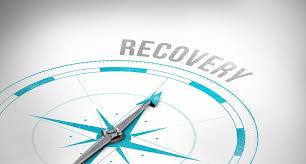
Substance abuse is a very detrimental reality that many people go through around the world. Some ways to treat substance addiction include medication-assisted treatment and cognitive behavioral therapy. Treatment for substance abuse will not be complete without help from family and friends. They can go through changes with you as well as find a program that is good for them. Some people might need more therapy, while others need medical attention because of harm from long-term drug use.
Tip 1: Manage stress and emotions
One of the first things to do as a recovering addict is to manage stress and emotions. You can do this by learning to meditate or practicing mindfulness. You can also take time out during difficult times. A walk might help you stay calm, or spend time with friends.
Tip 2: Do not feel forced to do anything
Do not feel forced to go through the recovery process if it is too difficult for you. Some people choose different ways of getting better from drugs that are more suitable for their needs and preferences. For example, outpatient treatment might be best for you because this will allow you to work while treatment is going on. There are many options out there so just find the one that works best for you!
Tip 3: Make healthy lifestyle choices
If you want to get better at recovering from an addiction, you need to take care of your body. That means eating right, sleeping well, and exercising.
Tip 4: Connect with others
Another way to stay healthy is by being with other people. It’s good to have somebody who understands what you are going through so they can help you when things are hard.
Tip 5: Stay motivated
It is hard for some people to recover from addiction on their own. But getting help can make it easier. A treatment program or loved ones can help you stay motivated to heal without relapsing in the future. This means avoiding peer pressure. If you have an addiction, your old friends might not understand how it started or why you have it now. They could start doing drugs again if they are around you.
Tip 6: Find new meaning in life
Another way to stay motivated is by finding a new purpose in life. It would be good if you can find something that makes you feel good, like volunteering or taking up a hobby. This will make you happy and it will help motivate you more to recover from addiction and live a healthy lifestyle without the use of any harmful substances.
Conclusion
The brain is the organ that controls all of our behaviors and thoughts. Addiction can change how your brain works, which makes it difficult to get off drugs or alcohol without professional help. For example, if you have chronic pain, the chances are that this will be reflected in your emotions and thinking. Addiction can affect many parts of your life. It might make it hard to focus on school or work. Addictions may make people feel bad or sad, and they may not remember things that happen to them.
For more information, please contact MantraCare. Addiction is a chronic and often relapsing disorder characterized by compulsive drug-seeking and use despite harmful consequences. If you have any queries regarding Online Addiction Counseling experienced therapists at MantraCare can help: Book a trial Online therapy session
